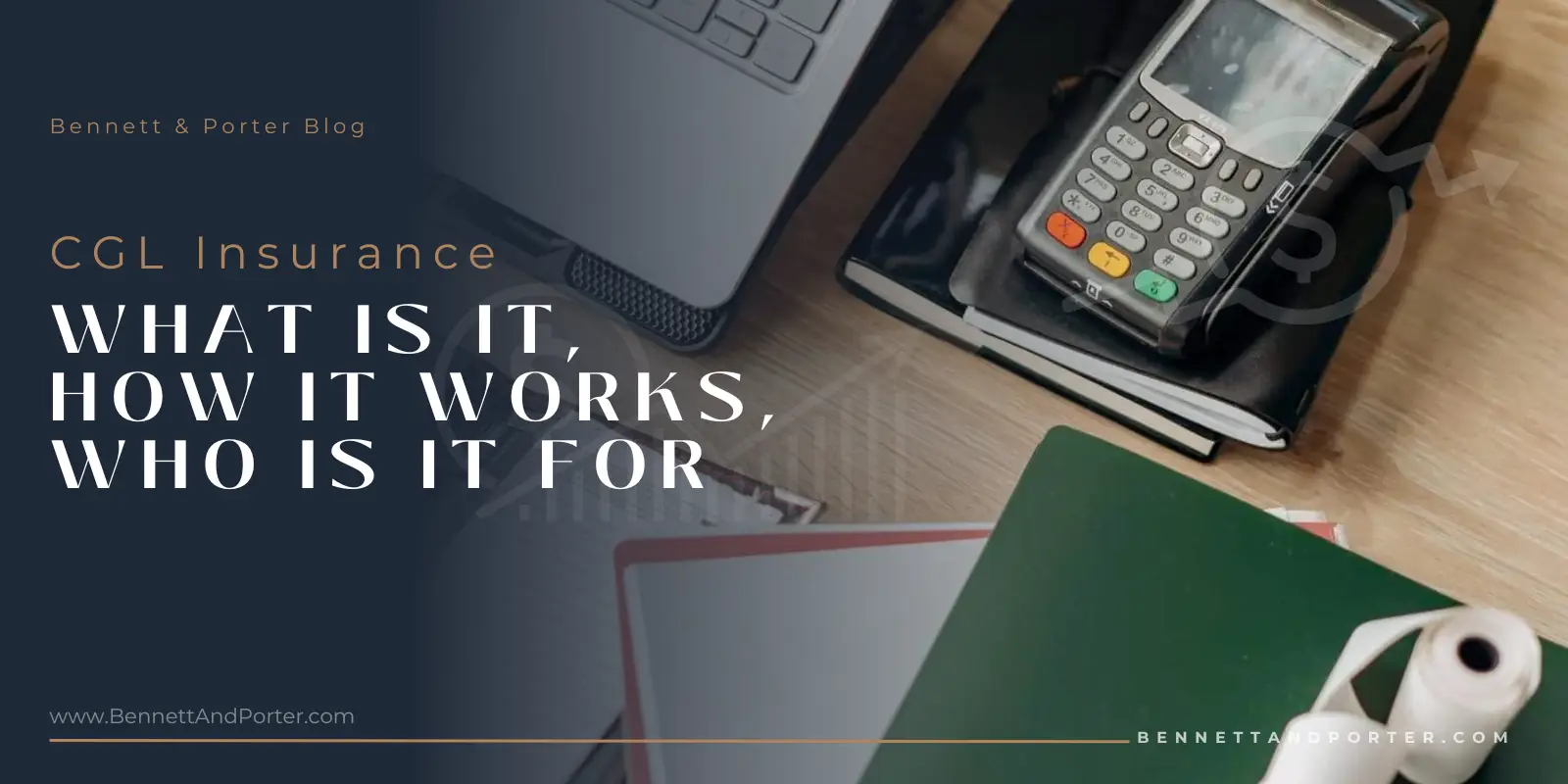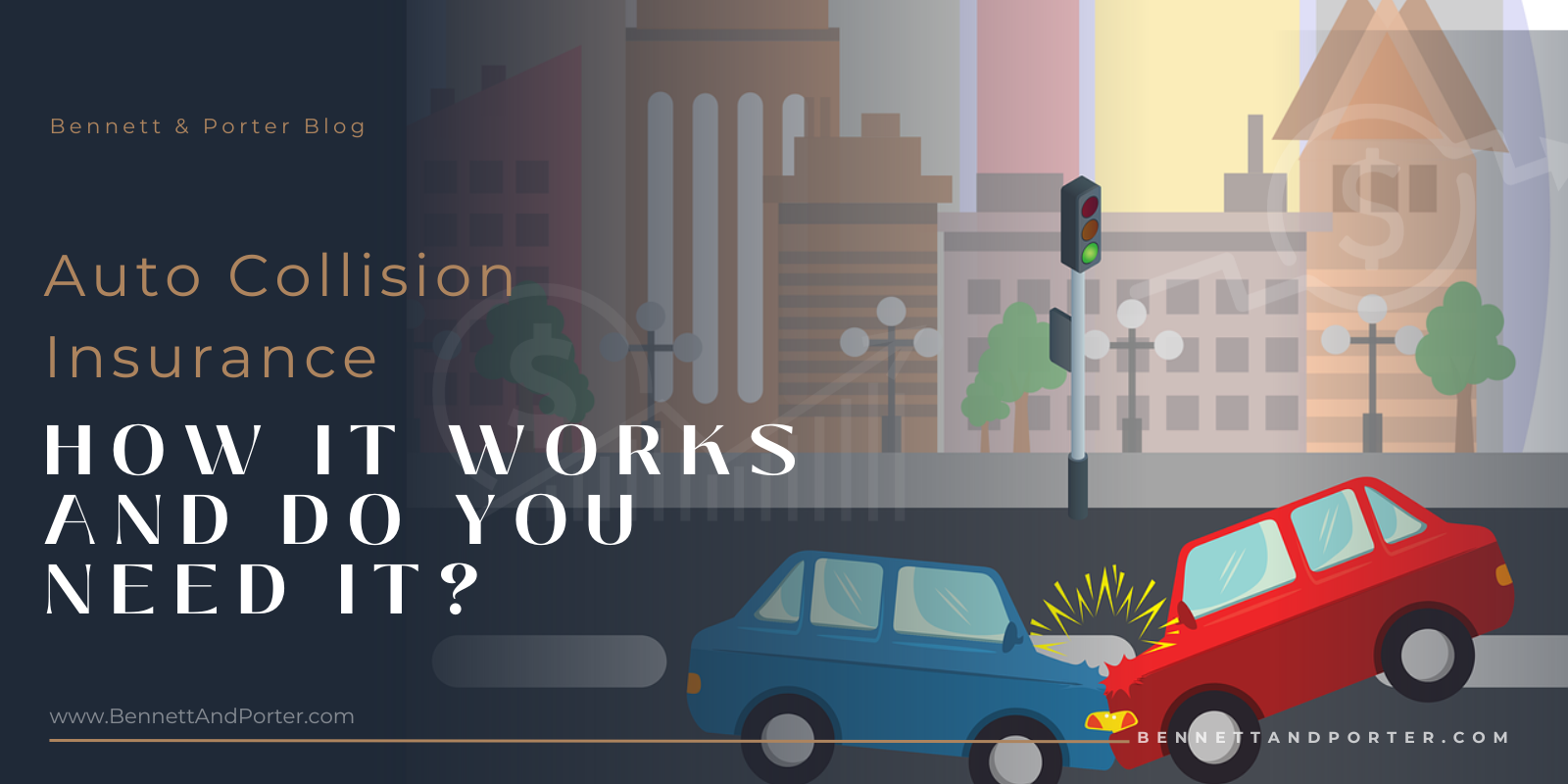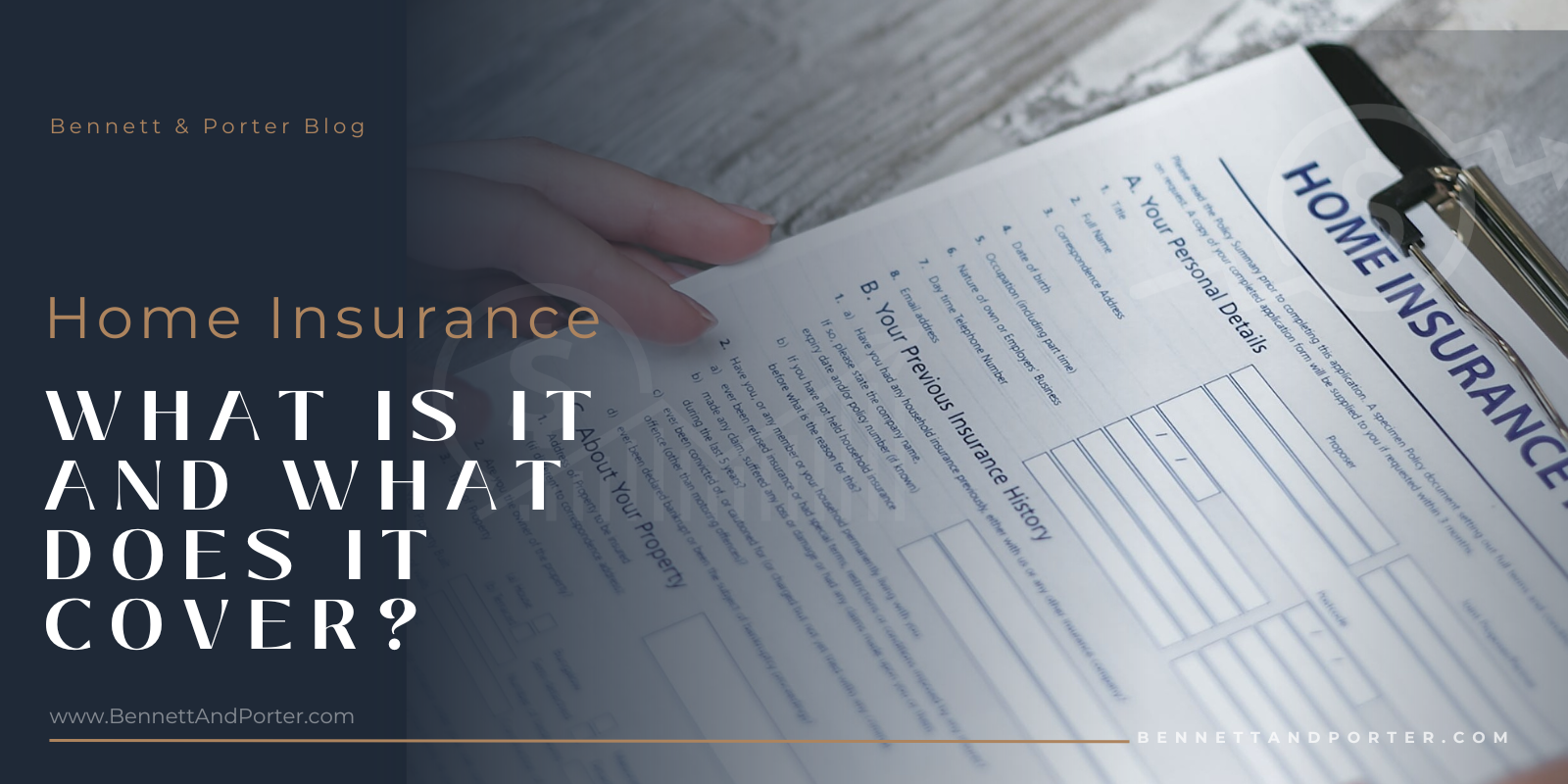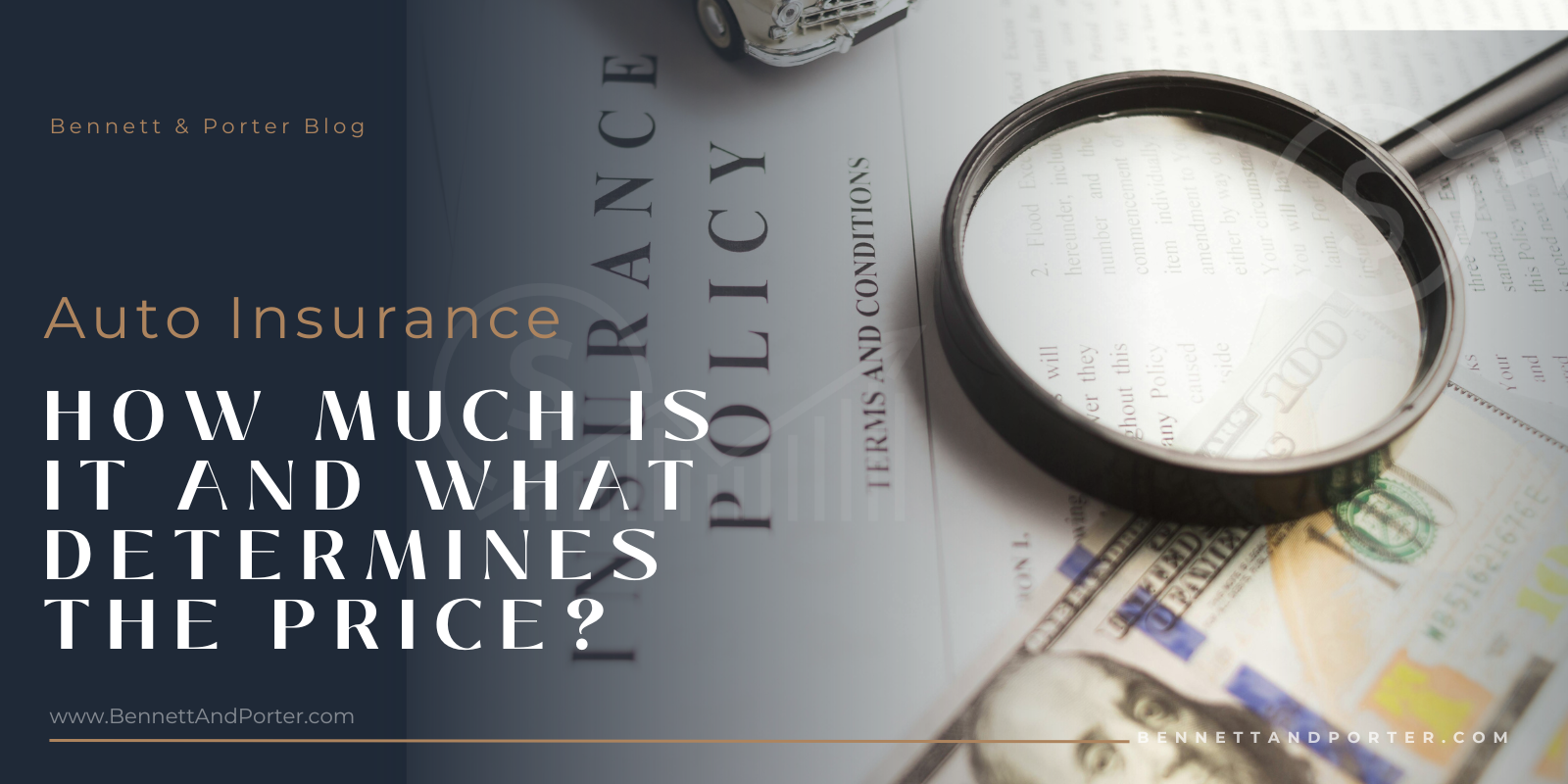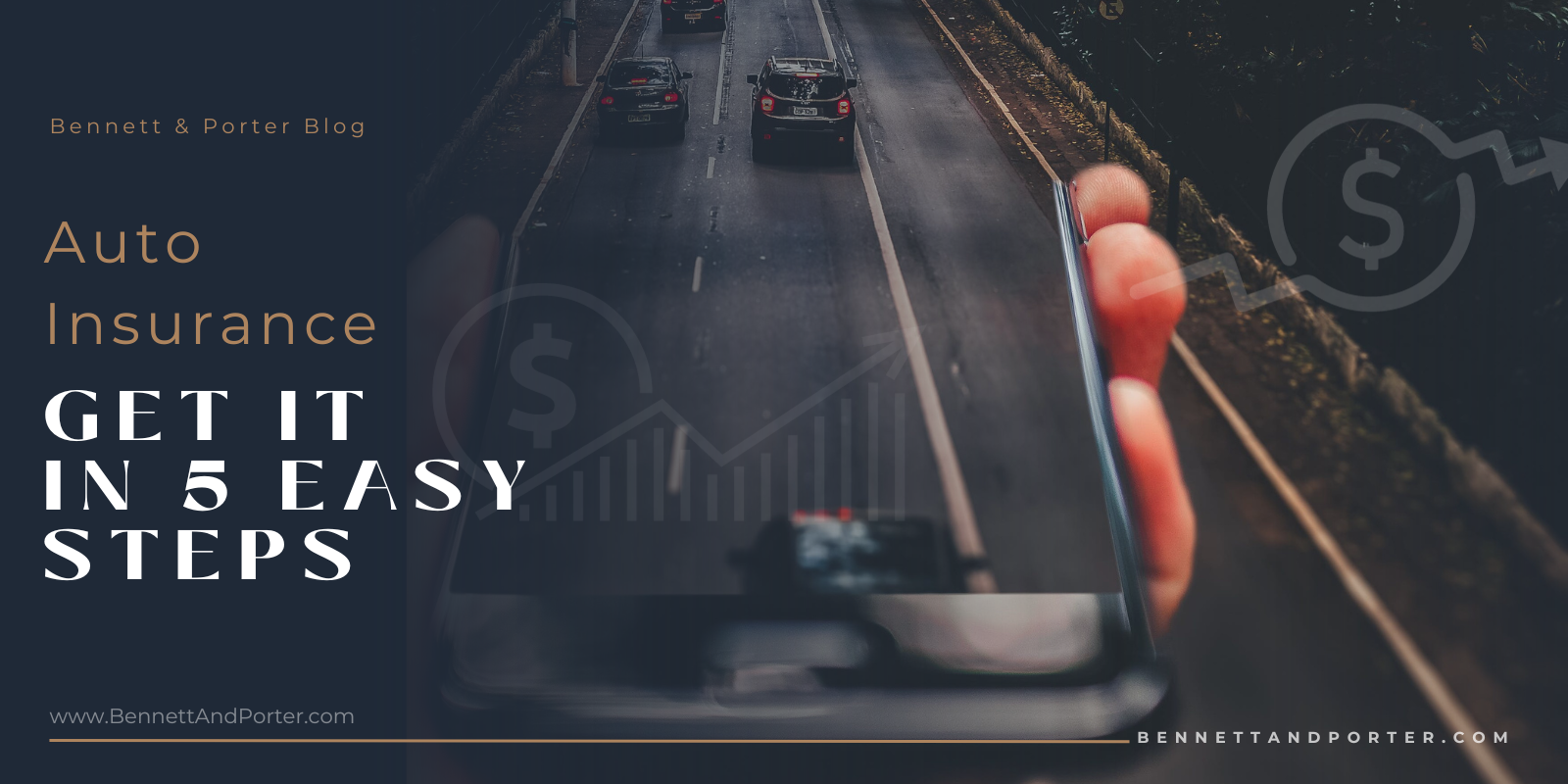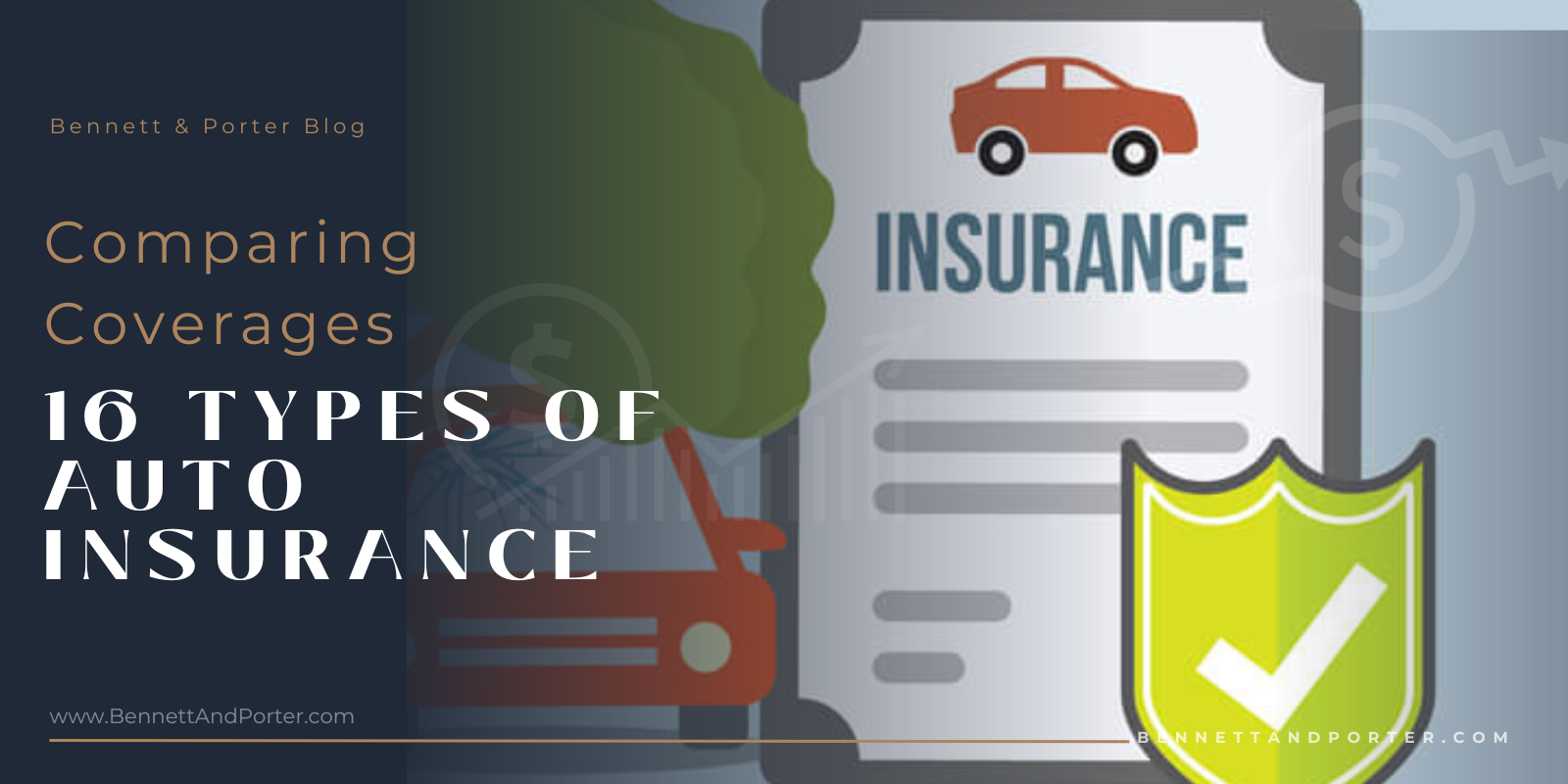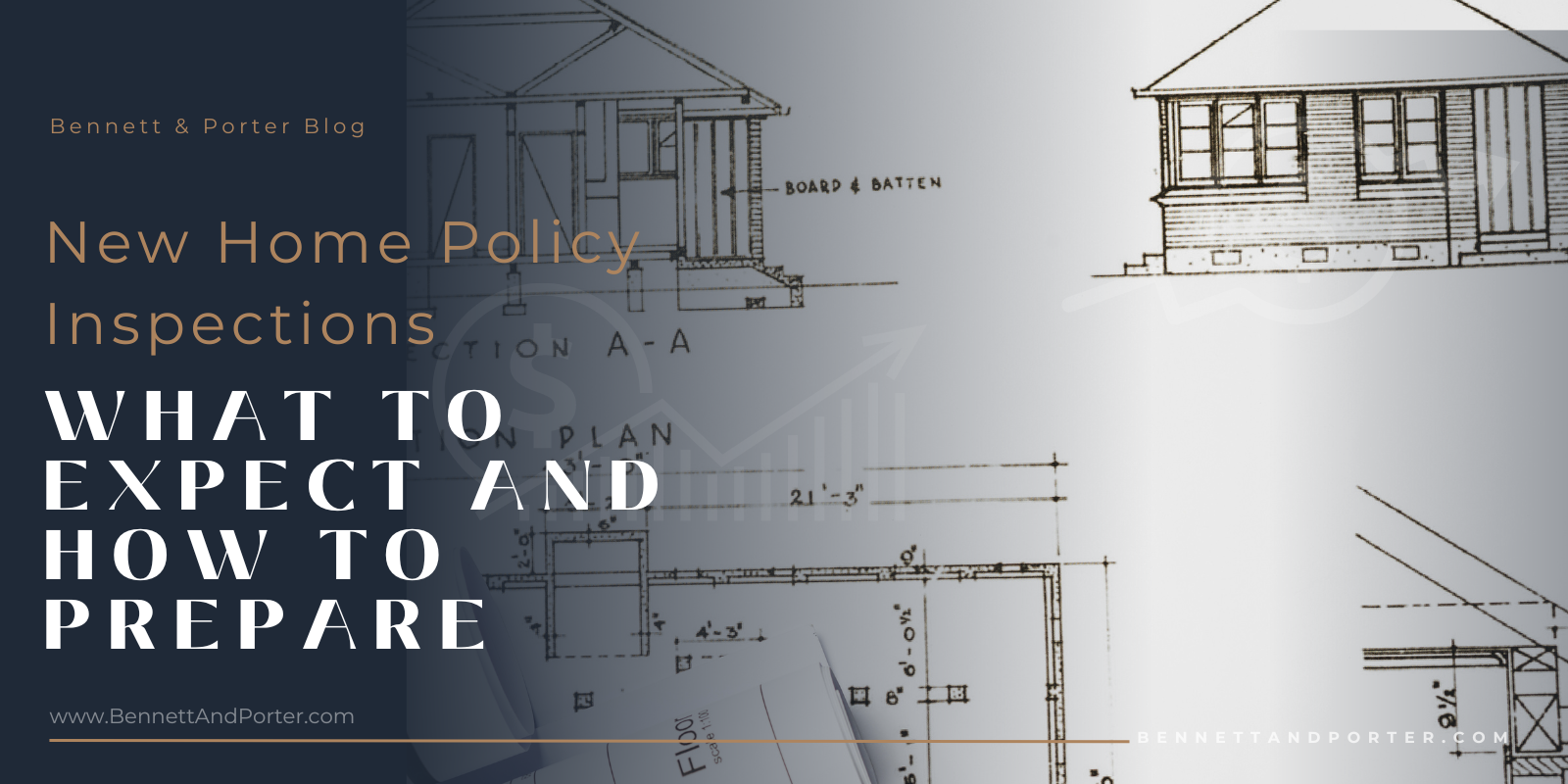Are you ready to dive into the world of Commercial General Liability (CGL) insurance? This guide has got you covered from A to C.
We’re talking about what CGL is, how it shields businesses, and the different coverage options. Plus, we’ll uncover those extra layers of protection you might need and give you real insight into what affects the costs.
Whether you’re a business pro or just getting started, stick around to learn about CGL insurance.
What Is Commercial General Liability (CGL)?
Commercial general liability or CGL is a type of insurance policy that provides coverage to a business. The coverage can be for bodily injury, personal injury, and property damage caused by the business’s operations or products. It also covers any injuries that occur on the business premises.
CGL is considered comprehensive business insurance. But it doesn’t cover all the risks associated with owning and operating a business.
Companies can choose to add other businesses or individuals they contract with to their commercial liability insurance policy as an “additional insured.” CGl policies can also cover the cost of any accidental damages as a result of the legal costs of defending a suit or the business operations.
It’s important to note that CGL doesn’t protect against intentional damages. What’s more, there’s no coverage for any types of accidents involving automobiles, watercrafts, or aircrafts.
Understanding CGL Insurance
CGL policies have different levels of coverage. They can include premises coverage or coverage for bodily injuries and property damage. The former protects the business from claims that happen on the business’s physical location during standard business operation. However, the latter is the result of a finished service or product done at another location.
What’s more, commercial insurance companies might have some liability coverage. That type of coverage can be purchased as a way to cover claims that would exceed the limits of the CGL policy.
Some general liability policies can even have exclusions that restrict the actions covered. For example, it might not cover the cost associated with recalling a product.
Types of CGL Coverage
When talking about CGL coverage, it’s important to note there are two types: occurrence policy and claims-made policies. Let’s take a closer look at how they each work and which your business might need.
Occurrence
An occurrence policy protects a business from any covered incident during the policy period. Regardless of when the claim was made, an occurrence policy will cover a business if the claim comes in after the policy has been canceled. However, the incident still has to have happened within the time frame that was dictated by the initial policy.
Claims-Made
The claims-made policy will provide coverage for claims that arise and have been reported within a certain period. That period would be set by the terms and conditions spelled out in the policy.
If the claims-made policy is canceled or hasn’t been made, the claims that have been filed will not be covered. In fact, they won’t offer any coverage even if the incident occurred while the policy was still active.
Other Policies That Cover Business Risks
Businesses also have the option of purchasing extra coverage to protect themselves and their employees.
The first is the employer’s practice liability coverage. It is an insurance policy that handles claims from employees who have suffered a job-related illness or injury that isn’t covered by worker’s compensation. That said, it can be packaged with workers’ compensation to protect businesses against the costs associated with illnesses, injuries, and deaths in the workplace.
There is also the errors and omissions (O&E) insurance, which is a type of professional liability insurance. It protects businesses and their employees against claims of negligent actions or inadequate work.
Special Considerations
Depending on the business, some organizations need to name other people or companies as additional insured under the commercial liability policy. This is a pretty standard practice when a business enters into a contract with another entity.
For example, a car rental company enters into a contract with another company, asking them to provide cleaning services for their vehicles. The cleaning company might ask the car rental business to add them as additional insured on their CGL coverage.
The ABCs of CGL Insurance
A CGL insurance policy will typically cover the costs of legal defense and, if found liable, pay all damages on your behalf. Of course, it will pay up to the limits of your policy.
There are three groups of CGL policies that are referred to as Coverage A, B, and C.
Coverage A: Bodily Injury and Property Damage Liability
Bodily injury typically includes bodily harm, disease, sickness, and incidents resulting in death. On the other hand, property damage, in the context of general liability, is defined as “physical injury to tangible property including resulting loss of use and loss of use of tangible property that has not been physically injured” according to the International Risk Management Institute (IRMI).
Coverage A provides protections against losses from the legal liability to others out of negligent acts that are of a non-professional nature. It can also protect from liability that arises out of the businesses’ premises or business operations.
It’s important to note that both emotional distress and mental injuries can be considered as bodily injuries.
Employment practices liability insurance and workers’ compensation are excluded from coverage A. But a business can buy them as separate policies.
Coverage B: Personal and Advertising Injury
Personal and advertising injury constitute a category of insurable offenses that produce harm that isn’t bodily injury. It protects the insured against certain offenses, including:
- Libel
- False arrest
- Slander
- Malicious prosecution
- Copyright infringement
- Misappropriation of advertising ideas
- Invasion of privacy
- Wrongful eviction or entry
Coverage C: Medical Payments
Medical payment coverage ensures medical or funeral expenses are allocated to the injured party, regardless of liability. This coverage is paid out in the event of bodily injury or death from an accident under specified conditions.
It’s important to note that medical payment coverage can be triggered without legal action. That allows for a timely settlement of smaller medical claims without litigation.
What’s more, part of the CGL policy details that it will pay for all necessary and reasonable medical, hospital, ambulance, professional nursing, and funeral expenses. It will do so for any person who was injured or killed in an accident that took place on the insured’s premises or that has happened due to business operations.
Additional Liability Coverages
Depending on the type of business, many consider having additional liability coverage that isn’t part of CGL insurance. To learn more about what would best suit your business needs, talk with your insurance provider, risk manager, or legal coverage.
Liquor Liability
Liquor liability insurance is a business coverage that will protect a business against damages or loss claimed as a result of patrons becoming intoxicated and injuring themselves or others. If your business manufactures, sells, servers, or facilitates the purchase or use of alcohol, your business will most likely need this type of coverage.
Liquor liability coverage can be sold as an add-on to the CGL policy or as a stand-alone policy. However, your standard CGL insurance policy won’t protect your business against liquor-related claims without this added coverage.
Directors’ and Officers’ Liability
Directors’ and officers’ liability protects past, present, and future directors and officers of both for-profit and nonprofit organizations. It covers them from damages resulting from alleged or actual wrongful acts they might have committed while in their positions.
The policy provides protection in the event of an alleged or actual error, misleading statement, omission, or breach of duty.
Pollution Liability
Pollution liability is aimed at industrial, commercial, and agricultural property owners, managers, and developers. It gives them a wide range of pollution liability protection for gradual, accidental, and sudden first and third-party environmental liabilities.
What’s more, pollution liability protects assets from unforeseen environmental exposures that can have an impact on their earnings. Finally, it protects against unforeseen pollution hazards that might lead to pollution clean-up costs, as well as bodily injury or property damage.
What CGL Doesn’t Cover
Most CGL insurance policies won’t protect a business from either intentional or expected damage. What’s more, they won’t cover damages due to intoxication, pollution, or vehicles, as those are covered in separate policies.
A CGL policy also won’t protect you from damage to a business or additional liabilities that you, as the insured, might take on. If your business is involved in the types of risks listed, you should consider purchasing additional insurance.
The Cost of CGL
The cost of CGL insurance will depend on many factors, including:
- The size of the business being insured
- The riskiness of business operations
- Amount of coverage needed
To learn more about CGL insurance – get in touch with Bennett & Porter Wealth Management & Insurance Services. We can help you understand your coverage better and protect your business the right way.
Call Bennett + Porter to get your CGL coverage and protect your business today!


